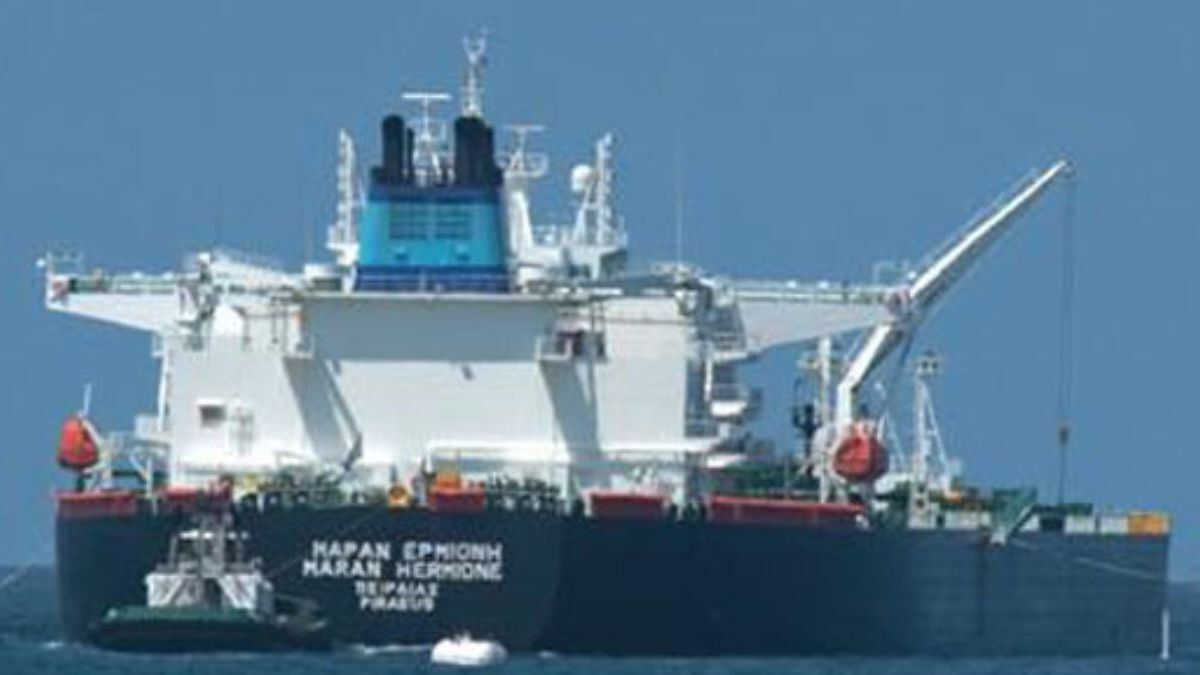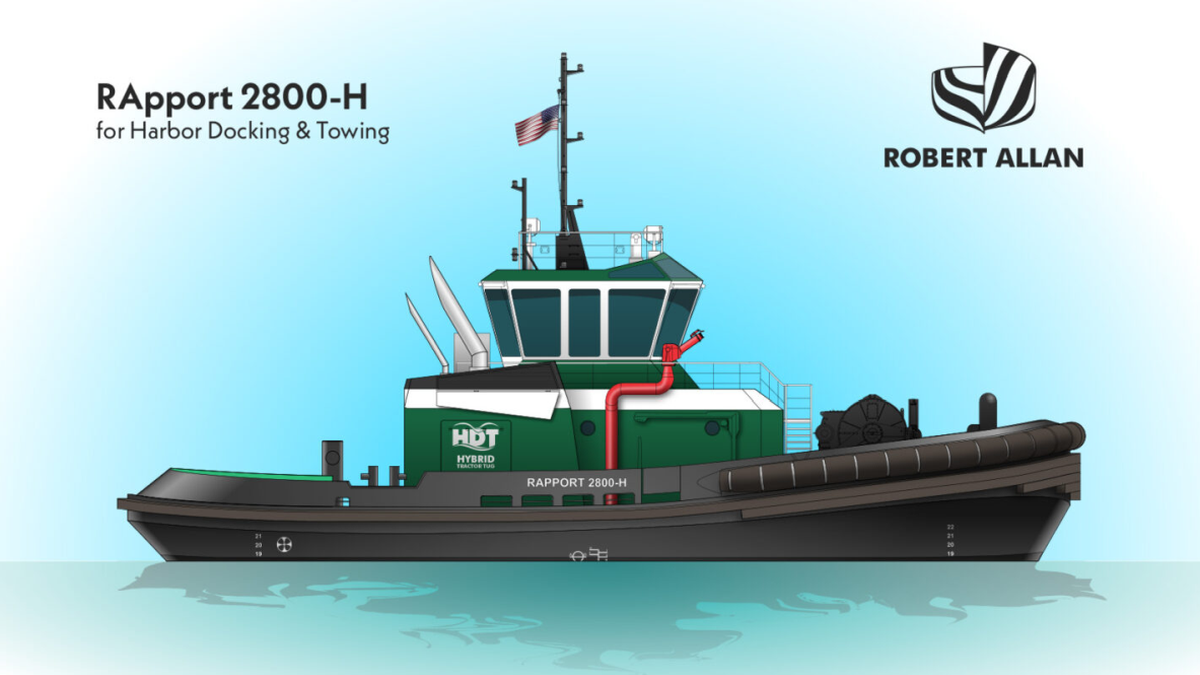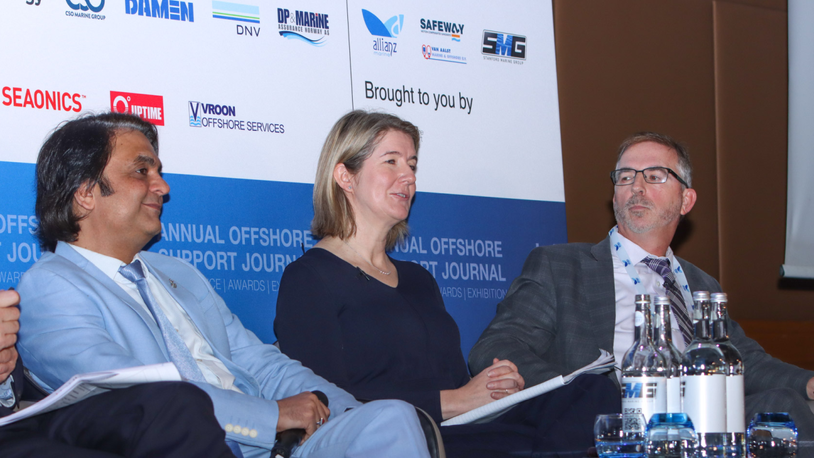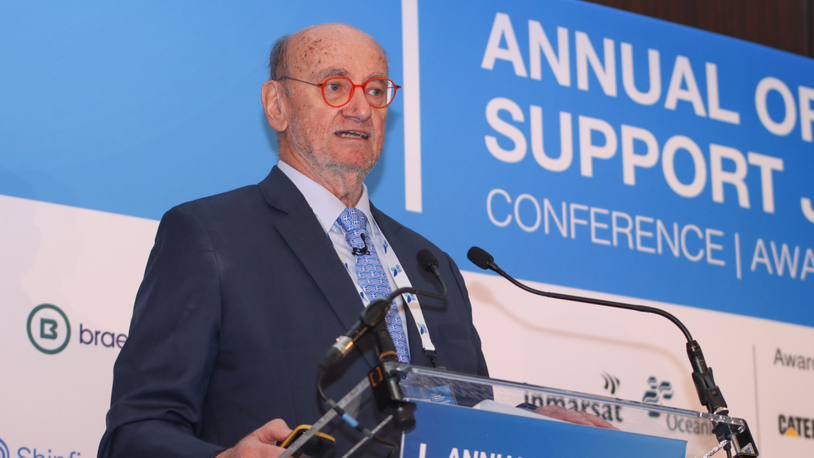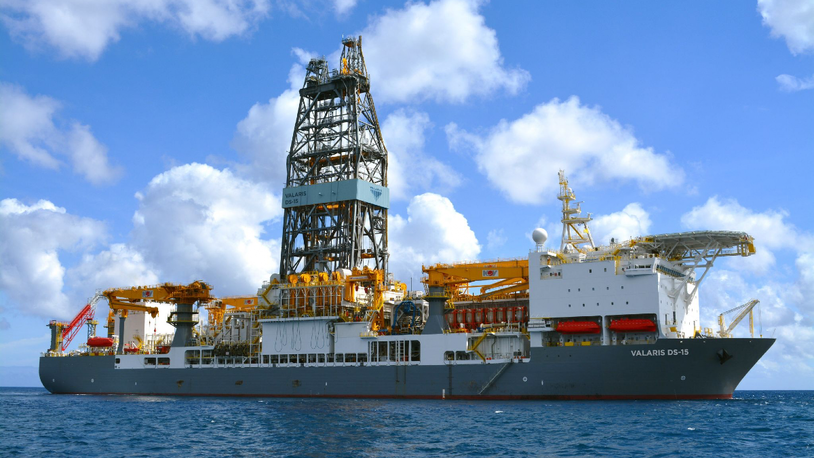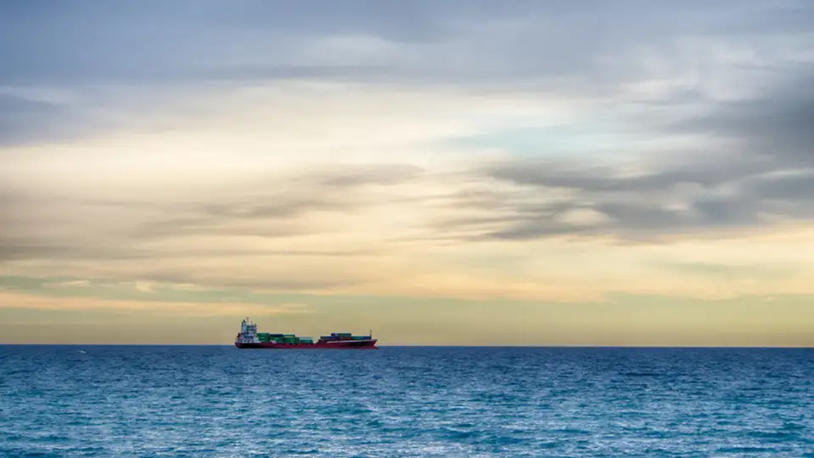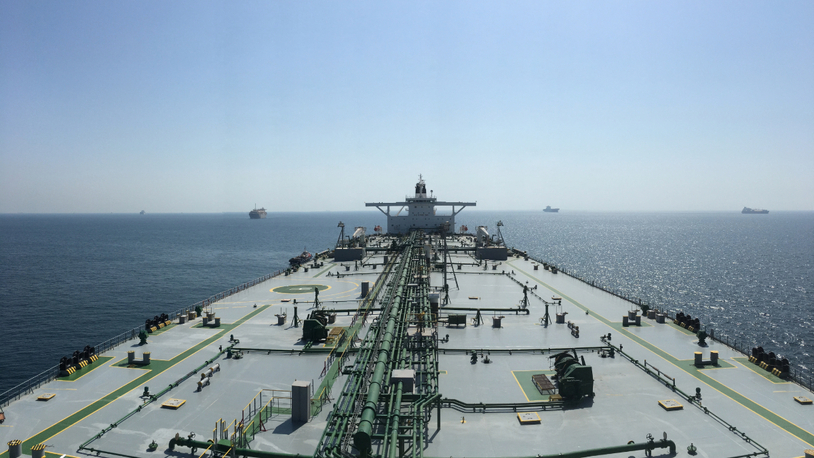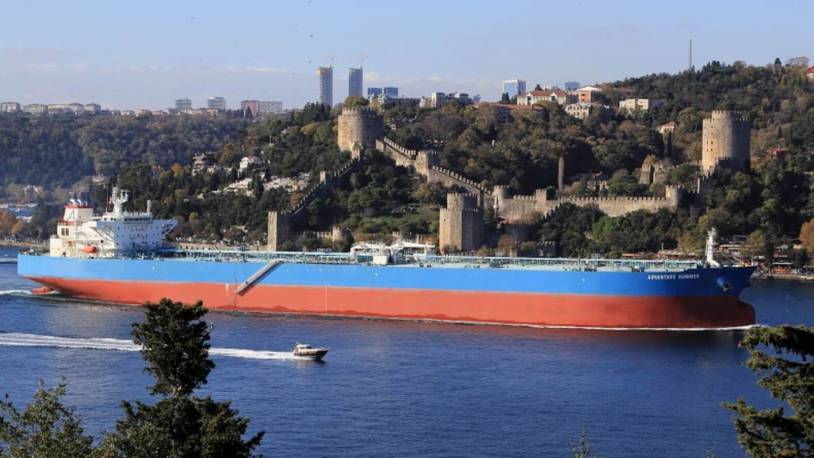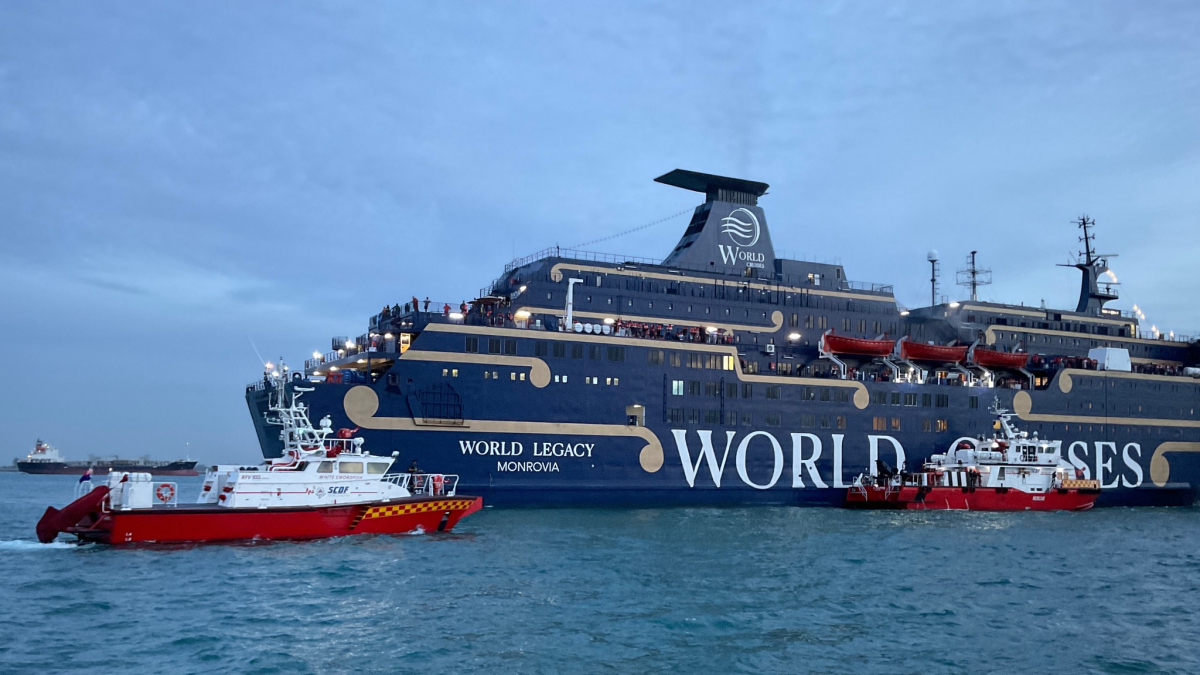Business Sectors
Events
Floating energy: successfully unlocking stranded gas using FLNGs and FSRUs
Contents
Register to read more articles.
Maran Tankers adopts AI technology to enhance tanker safety
Greek shipowner and Suezmax and VLCC manager Maran Tankers aims to reduce accidents in Asia’s congested waters
Maran Tankers Management said it has improved tanker navigation in congested waters by deploying artificial intelligence (AI) and digital watchkeepers.
The Greece-based owner manages a fleet of 54 ships, mainly Suezmax tankers and very large crude carriers transporting oil worldwide. The company said the risk of tanker accidents is especially high when its ships are sailing in areas with high maritime traffic, where small vessels are not transmitting position information.
In these areas, “Traffic is often not controlled and crews do not know what other vessels are doing,” Maran Tankers Management operations director Captain Georgios Asteros said.
He said sailing through these waters and into busy ports is putting a strain on bridge teams and raising the risk of catastrophic accidents that could threaten life of seafarers and marine environments.
Capt Asteros explained the company’s reasons for implementing digital watchkeeping technology from Orca AI on its tankers and the benefits it provides to tanker safety and bridge operations.
“We use Orca AI SeaPods to improve navigation and enhance situational awareness,” he said, noting the technology especially helps crews while tankers are sailing through Chinese waters and around ports and through the Singapore Straits.
When sailing in Chinese waters, the maritime traffic density, and especially the density of smaller fishing vessels, “makes it impossible for a tanker to sail smoothly and safely through that area without maximum attention from the crew,” he added.
This could easily create onboard challenges with seafarer rest hours and crew tiredness.
“Seafarers can work through this time, including rest periods, especially when ships are sailing out of a Chinese port and everybody is fatigued,” said Capt Asteros.
Maran Tankers uses Orca AI’s SeaPods to continuously monitor the surroundings of its tankers, providing information and insights to bridge teams, especially in darkness or poor visibility. “The system on its own is determining the targets crew should worry about,” said Capt Asteros.
“It automatically highlights potential risks to the vessel even in poor visibility,” he said. Orca AI complements information available to crew on radar and ECDIS for safe navigation.
On shore, managers get this information to review and monitor information on encounters or near misses and to get actionable insights. These are relayed to crews on tankers and instructions are given to change operations and “dramatically reduce the high risk of collisions” especially in congested areas.
Capt Asteros said adopting AI is one of “the biggest changes the industry has ever seen” and it can help shipping avoid dangerous situations. AI could become a “major factor for improving safety if handled correctly,” he said.
The shipping industry should ensure AI is deployed “to assist crews, and not take over, or provide additional pressures on operations. Systems should be able to assist and enable crew to engage with it,” said Capt Asteros.
Captain Georgios Asteros was speaking during Riviera hosted webinar: The illusion of safety: what we are getting wrong about crews, technology and fatigue, which was held in association with Orca AI on 13 May 2025.
Related to this Story
Events
Maritime Regulations Webinar Week
Floating energy: successfully unlocking stranded gas using FLNGs and FSRUs
© 2024 Riviera Maritime Media Ltd.


